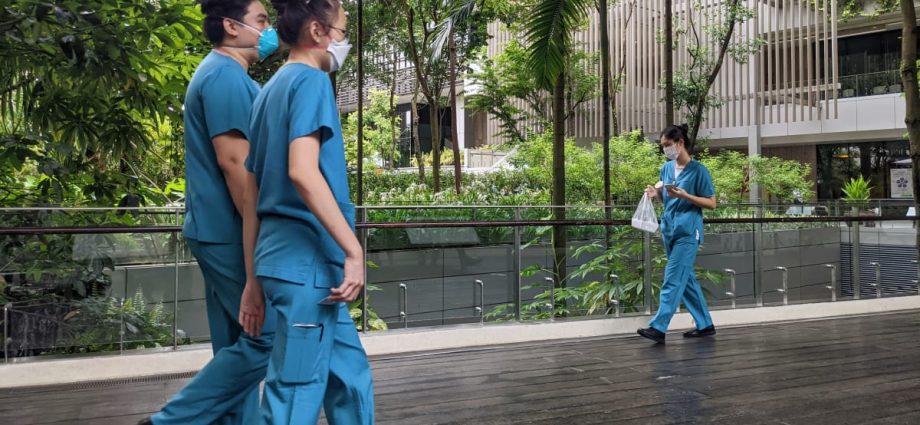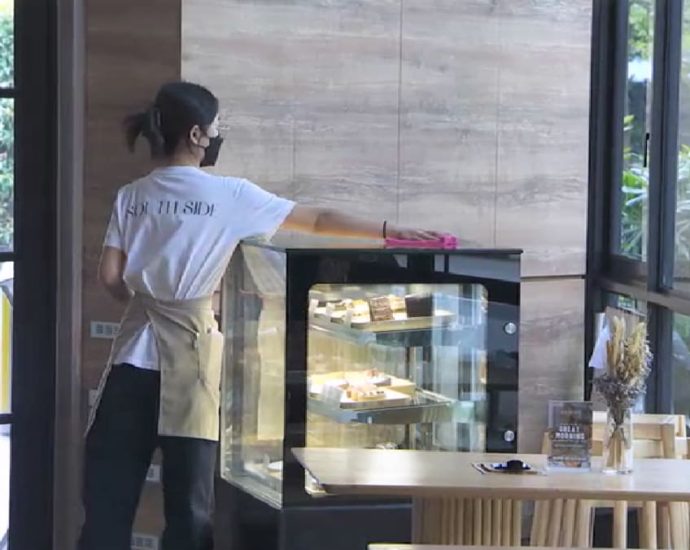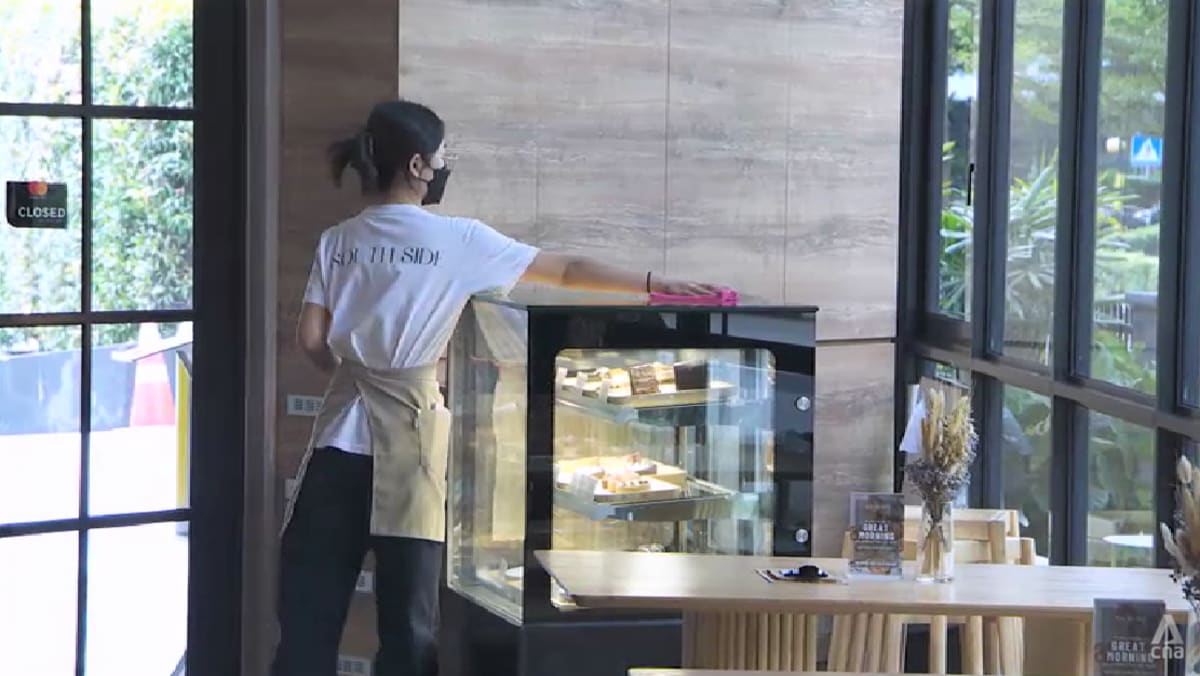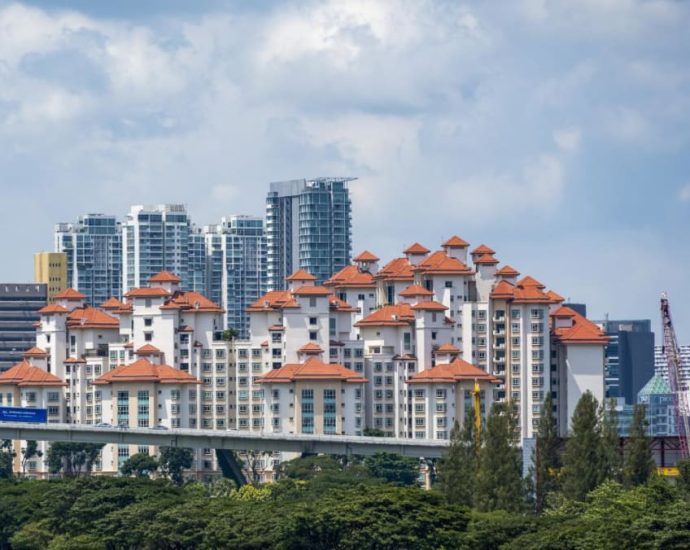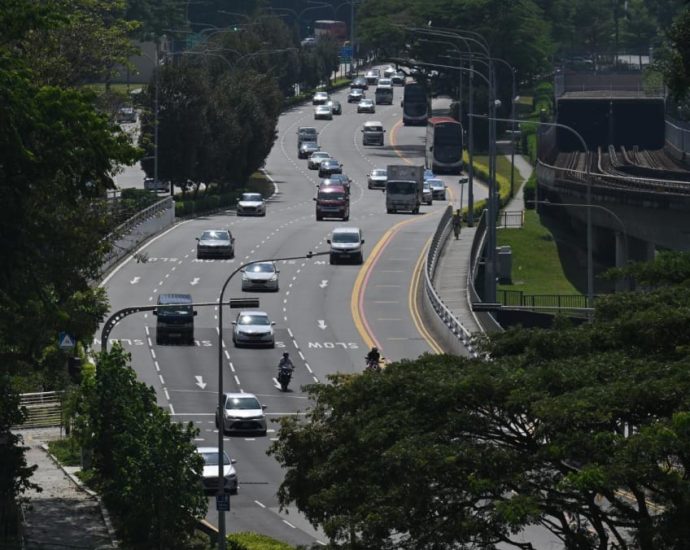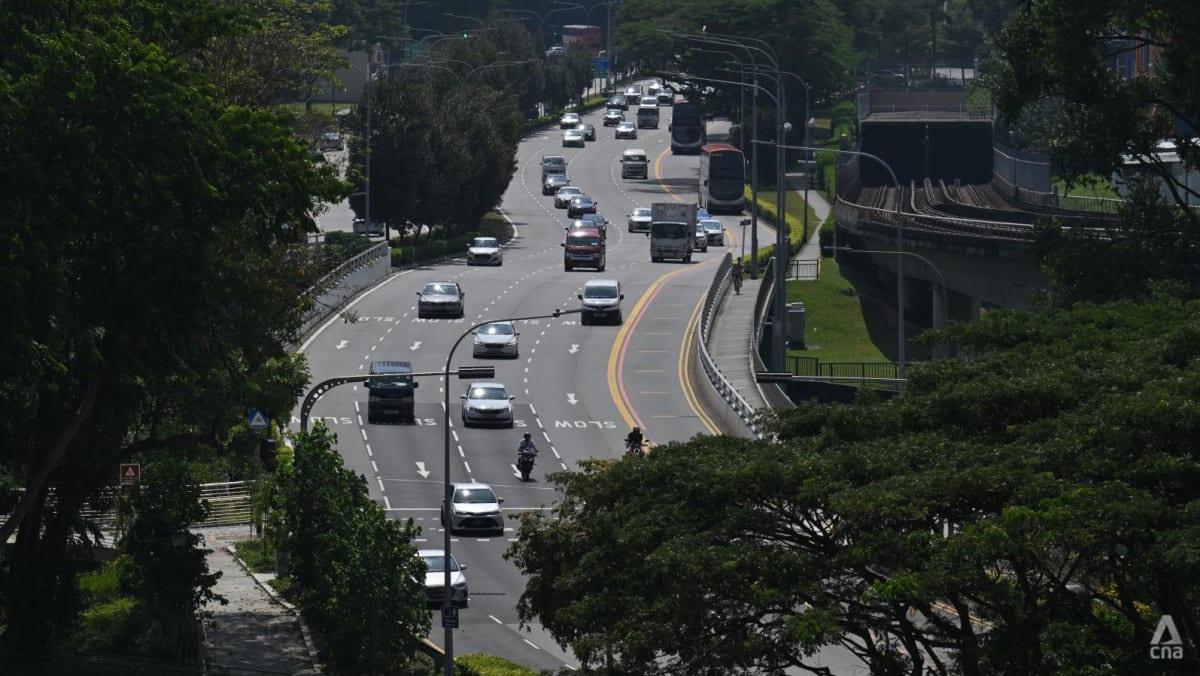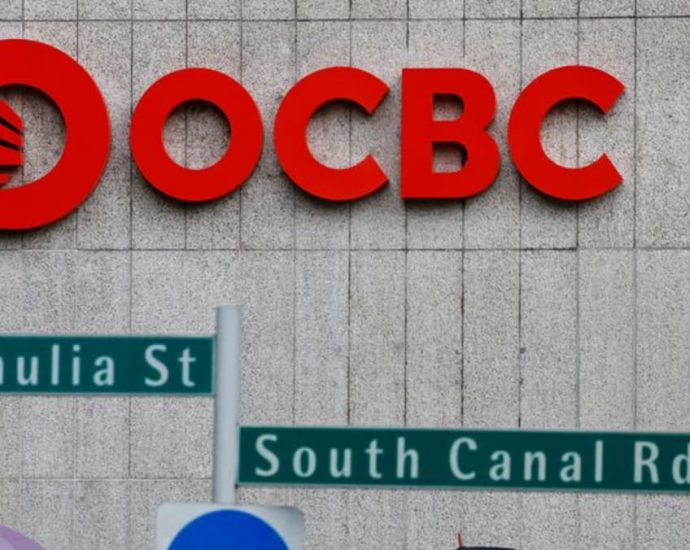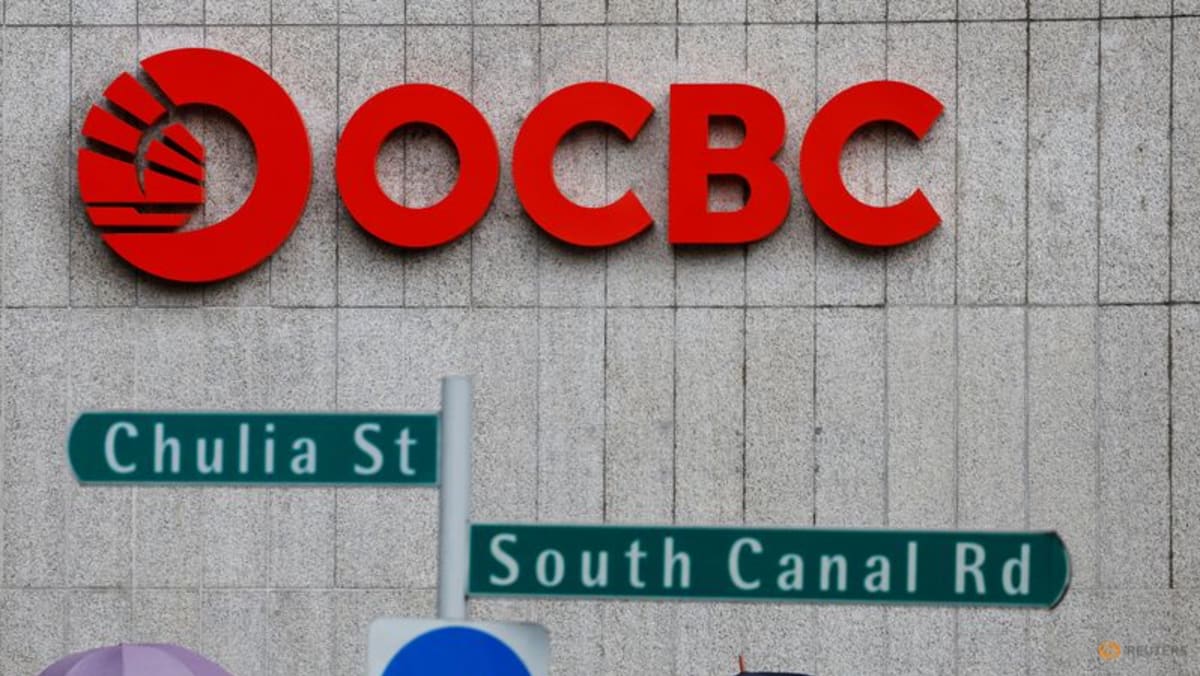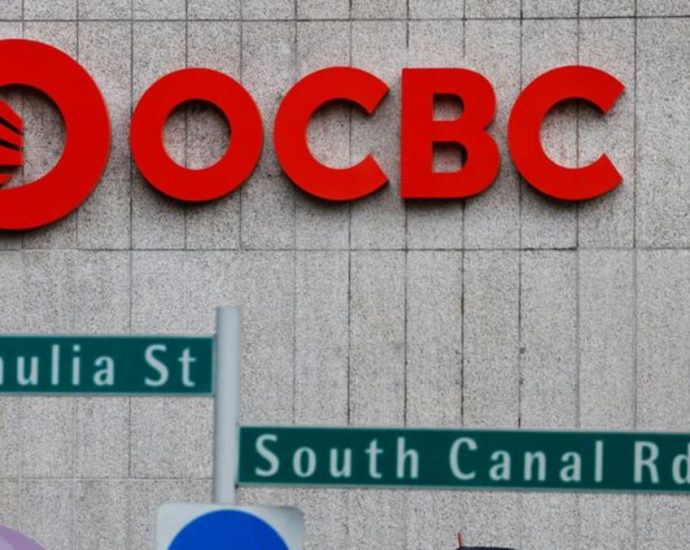Nurses to receive up to S$100,000 in retention scheme with payouts every four to six years
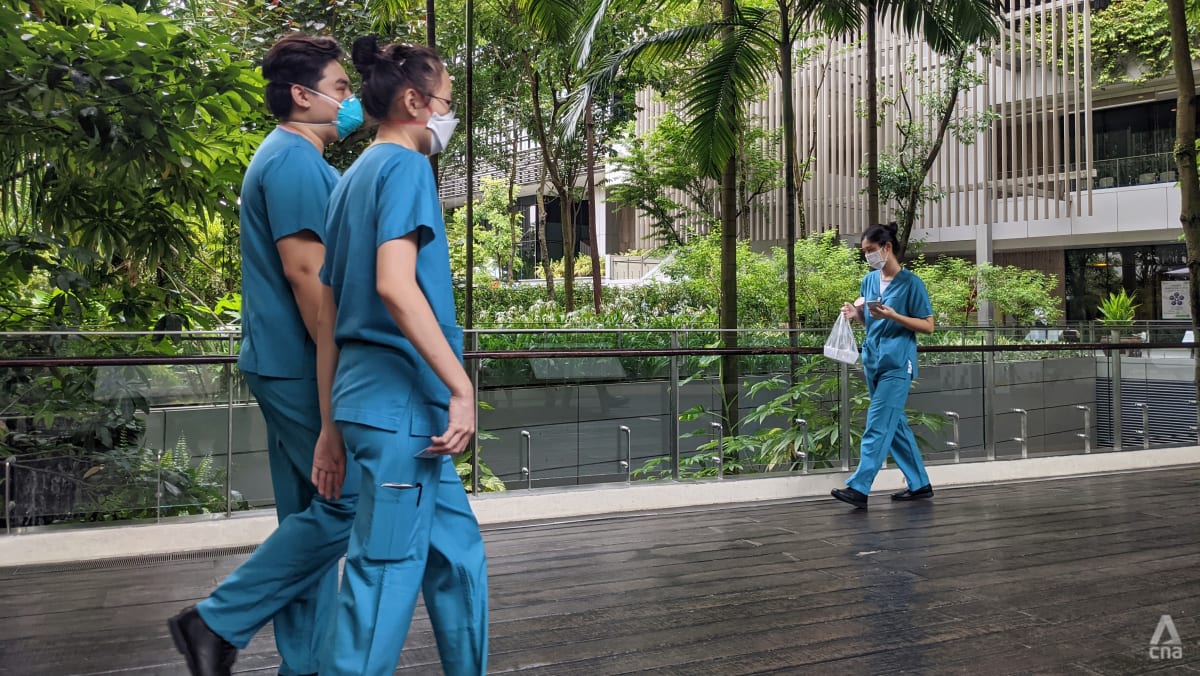
Retention schemes recognise that government officers, including nurses, at certain ages or years of service are particularly likely to contemplate leaving for “very valid personal and family reasons”, said the Health Minister. For example, they leave to start a family, further their studies, take care of aged parents or try out a new opportunity.
“A retention scheme signals to these officers, please think twice. Give yourself and give us a chance,” he added.
“As employers, we can help address these dilemmas and trade-offs in life, and help you stay in a career that you will find meaning and continue to make a very positive impact. On your part, if you stay on, perhaps after a while, things do work out after all.”
MOH also introduced a sign-on bonus for fresh nursing graduates in 2023, and public healthcare clusters hired 12 per cent more local fresh nursing graduates last year compared to the year before, said Mr Ong.
Singapore has 65,000 public healthcare workers, and about 24,000 are nurses. Nurses are often the first touchpoint for patients and provide care, comfort and support to patients and their families around the clock, said the Health Minister.
During the COVID-19 pandemic, Singapore faced higher-than-usual attrition of foreign nurses, he noted.
MOH Holdings and public healthcare institutions devoted efforts to recruit more nurses, and more than 5,600 of them accepted job offers since the end of 2022. About 4,500 are newly registered, said Mr Ong.
Overall, MOH has made up for the high nurse attrition in 2021 and 2022, he added. “We will continue to sustain this strong recruitment momentum for both local and foreign nurses.”

